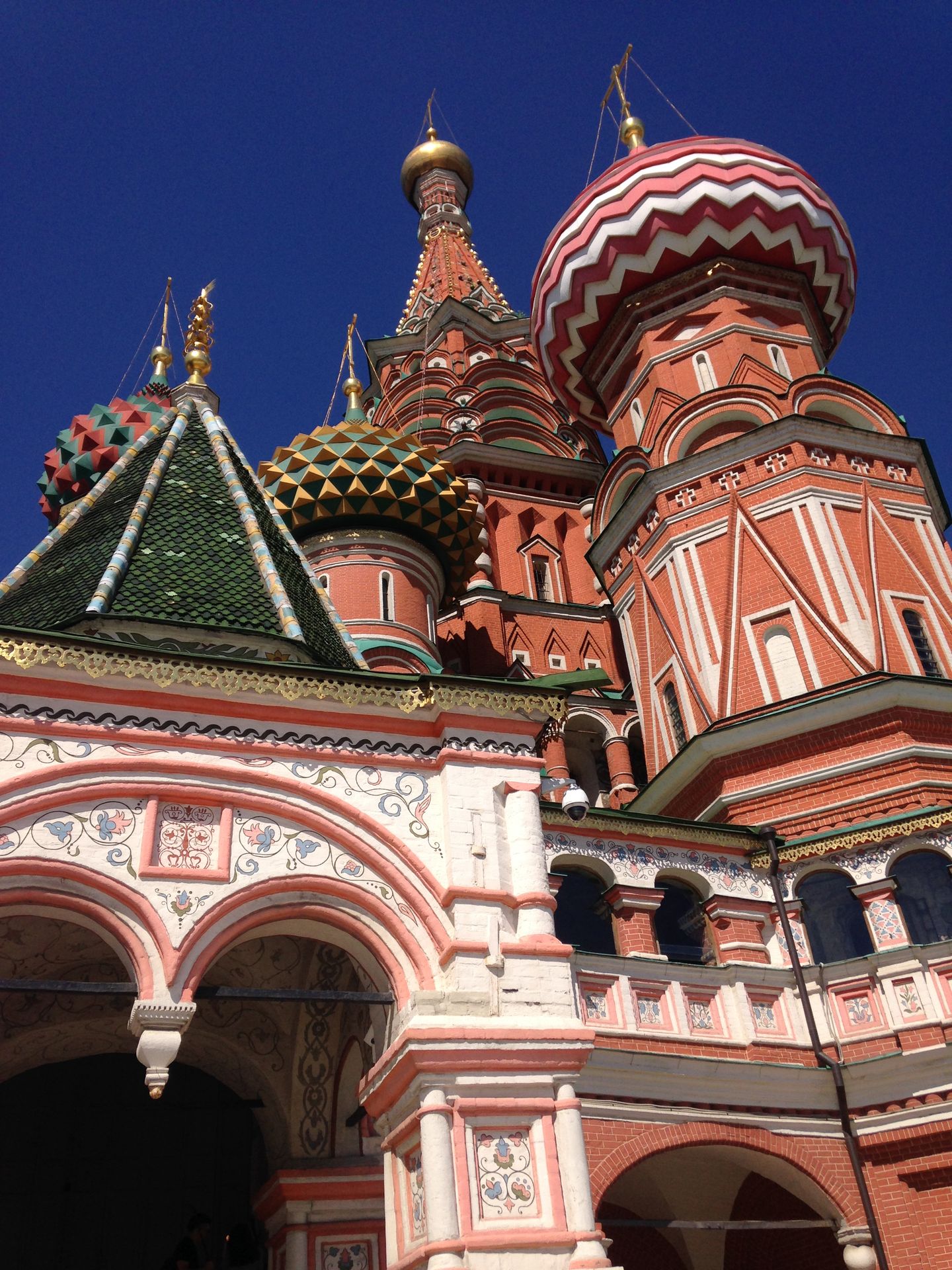Eleventh Section: Welcome Mr. René Pieter Kerp
Published: 21.10.2018
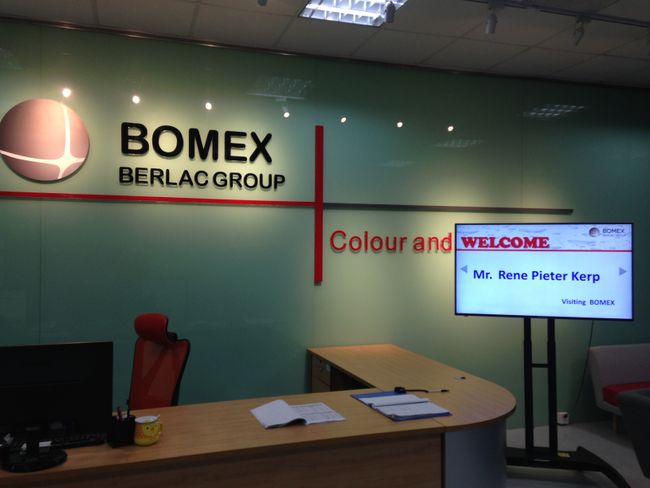
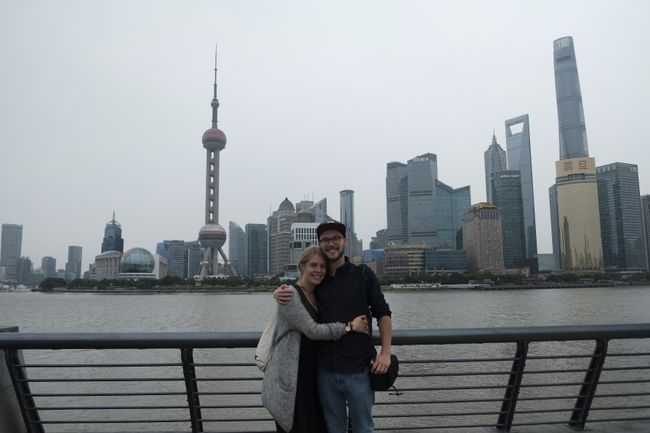
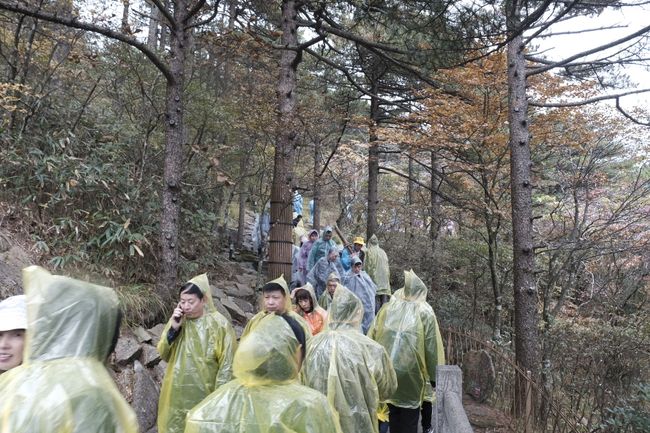
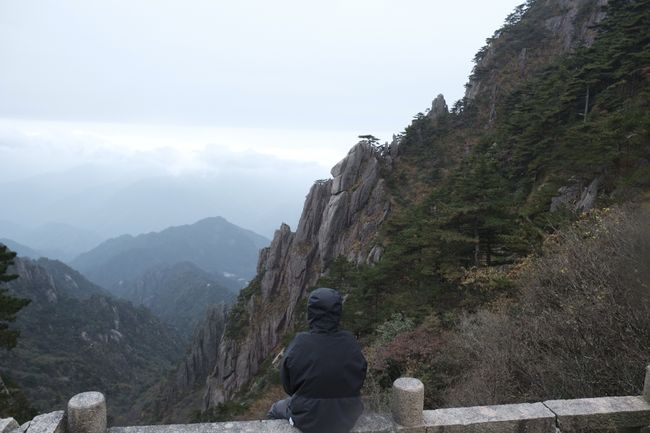
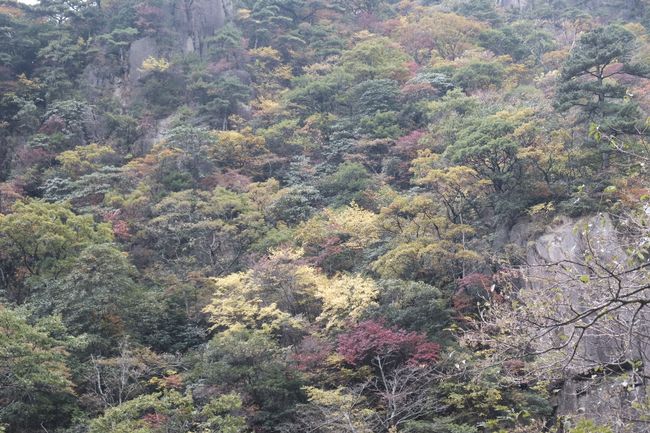
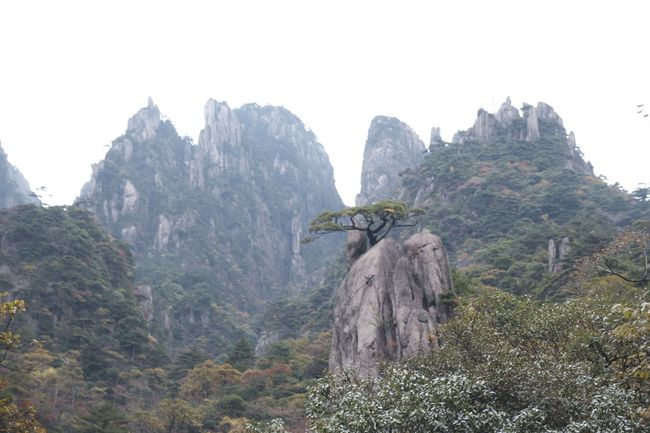
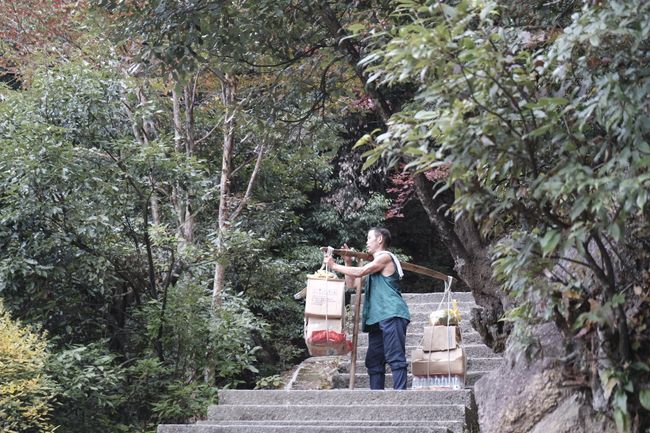
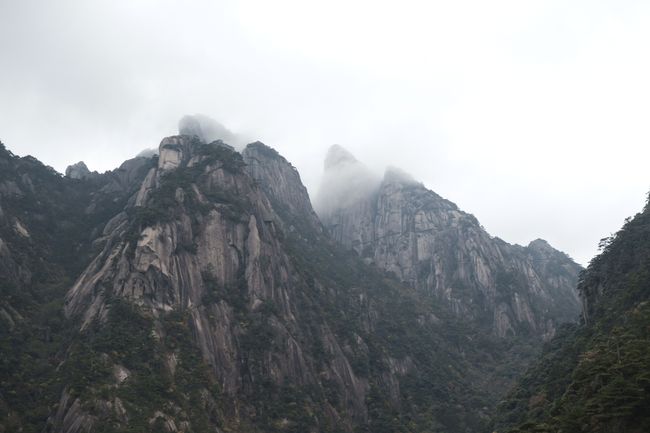
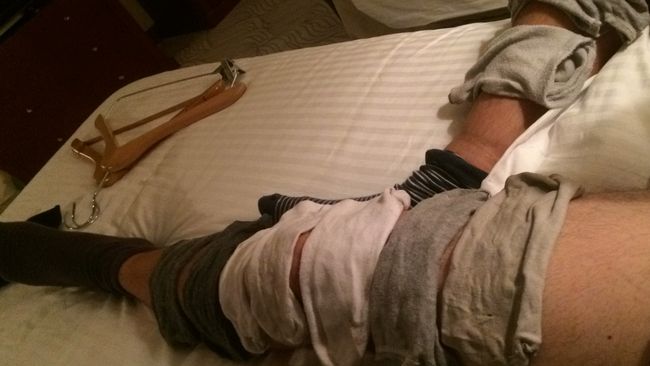
Subscribe to Newsletter
After Marie had long been tired of the train ride, it was the journey from Kunming to Shanghai that really exhausted me. Since I had a two-day sniff at the sister company of Bomix and we were therefore bound by appointments, we decided to take a much faster but also more expensive high-speed train. It covers the 2000 kilometers in 12 instead of 36 hours, so far so good. However, you sit on a chair and don't have a bed like usual, and there are 100 instead of 60 people in the compartment with no partition walls, which makes the whole thing acoustically unbearable. Especially since Chinese people tend (this is not a politically incorrect generalization but a phenomenon that is unfortunately frequently seen in every city) to not give a damn about peace and quiet. Videos, series, and music are played loudly with the mobile phone (!) and children scream without the parents being remotely interested. At the beginning we found it only strange, because doing that loudly with the mobile phone without headphones is not only foreign to us, but also generally cannot work, because if everyone did it, no one would understand anything anymore, I don't understand why this is tolerated to such an extent. Enough of bourgeois prudery. After 12 hours on the train, we were taken to the hotel by a driver from Bomex in a car that was downright meditatively quiet.
The hotel, which filled a 30-story tower, shone with a perfect 80s charm, the lobby stretched over three floors and made a good impression, the rooms are clean and spacious, but the extremely thick carpet cannot deny that the no smoking sign was only pinned to the door afterwards, as it still emanates a slightly ashtray-like smell. However, the breakfast compensated for this fully. There was a Western and Asian breakfast, as Asians usually do not serve separate dishes for breakfast. It means: there was a mixture of Western breakfast and Asian everything, so you could indulge yourself and fill your stomach. After that, I went to work. I was shown the company and I could look at everything that is interesting to me, and I also participated in a German-Chinese conference call from the other side. In addition, the driver drove us past a few sights on the way to work, so we were able to experience Shanghai in fast forward. At this point I would like to thank Marc, Detlev, Andrea, and Hyson for the opportunity and support during the trip to China. While I was working, Marie had a only partially successful day. Since she had set her goals low (swimming in the hotel pool and quickly going to the laundromat), she was even more disappointed when neither of them worked and neither she nor our laundry fell into the water. The hotel pool was being renovated, but there was a good alternative with a fitness studio. However, it was more difficult with the laundry. Since Marie only found laundries that charge for each piece of laundry individually and we would have ended up somewhere around 50€ with our laundry bag, we decided to spend the next few nights in our own hostel with self-laundry service, where we can wash our laundry ourselves. However, we had to wash the essentials by hand in the sink, so we ended up sitting in bed with socks and underwear on our legs, trying to dry them with body heat and an absurdly small hotel hairdryer. We washed the rest in the hostel, which was just as expensive for three nights and washing, but surprised us with a greenish-black mushroom in the room behind the curtain. We spent the rest of the time visiting a few museums. The Shanghai Museum tells interestingly about the immigrants from Europe, but it ends before World War II and fades out the Japanese-Chinese War, the civil war, Mao, and communism in general, but shows beautiful houses from that time. On the other hand, the Jewish Refugee Museum describes Germany's history in great detail. During World War II, Shanghai took in many refugees and, quite impressively, granted them a lifetime visa. This went well for a long time until the Japanese came. But that's another story. The political propaganda poster museum was also interesting. It is located in the basement of an apartment building, but the posters from that time provide an interesting insight into the period between 1935 and 1990 and are therefore highly recommended. However, sometimes a more detailed description of the background would be desirable.
After Shanghai, we decided to take our last trip to Huangshan, where there are mountains that served as a model for the journey to Pandora in Avatar. Therefore, the same procedure as always, eternal sleeper train, looking for a hostel, and so on. When we dared to climb, we realized that more people use the footpath here than at Emei Shan. But at the top, it became clear that this was only a small part of the visitors, because crowds of people poured out of the cable car, so there can no longer be any talk of a quiet nature. We didn't have the best view anymore due to bad weather, so we happily walked the last 15 kilometers in the rain. However, since we had better weather on the ascent, we could at least imagine how impressive the view from above must be. To bridge the time between sleeping on the sleeper train and sleeping on the plane to Nepal, we decided to spend our last Chinese money on a day at the spa. In the Korean relaxation temple, there were various relaxation baths, a sauna and a steam bath, an oxygen bar and a room where you could either read, listen to music, or take a nap in monstrous reclining armchairs. But even in this quiet area, some people thought it was appropriate to talk loudly to their friends on the hands-free system (CAN YOU BELIEVE IT, THIS IS A PARADISE OF RELAXATION !!!11111).
But enough of bourgeois prudery. Our conclusion about China: China thrives on contradictions, it is simultaneously a journey into the past and into the future. For example, there are street sweepers who clean public places with brooms made of twigs, but at the same time, you can pay old street food-selling grandmas with your smartphone. Contradictions also exist in how China works and how it affects us. Not only are the street sweepers reminiscent of 1984, but also the surveillance, with the fine distinction that, unlike the events in the novel, this is knowingly accepted. One point that hopefully Germany will not come to so quickly. But the data machinery is also in full swing with us: by using advertising-financed platforms, we unquestioningly accept data theft. The only difference is that we 'sell' our data to corporations and not to the government. However, the Chinese system also means that things simply work. Beijing Airport is amazing, it was completed faster than planned and under budget. Trains with a travel time of 29 hours arrive on time, I'm looking at you Berlin Airport and Eurobahn. Thus, China is the country that we liked the most, but which also robbed us of the most nerves and made us think.
Subscribe to Newsletter
Answer
